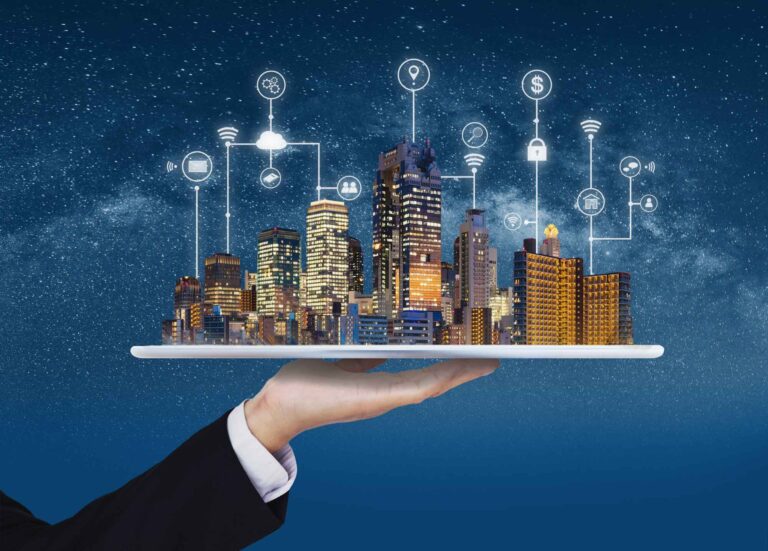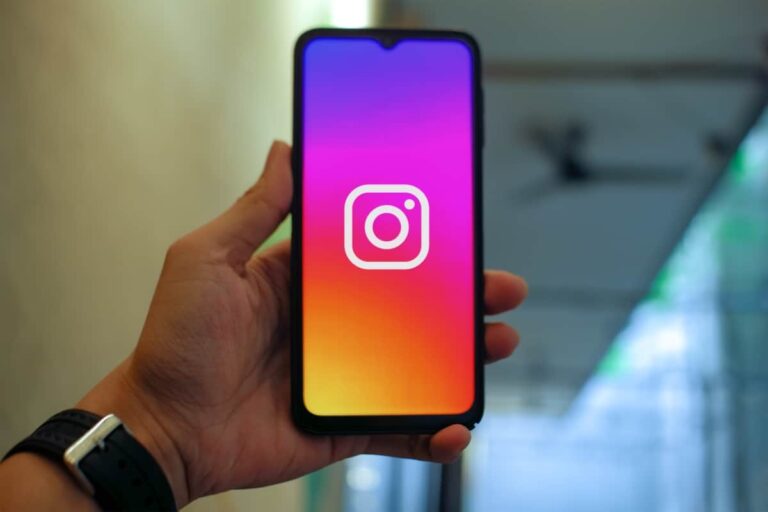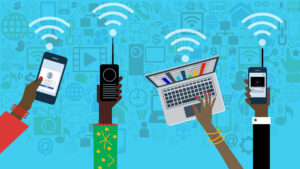The healthcare industry is undergoing a profound transformation, driven by advancements in technology. As data becomes increasingly central to healthcare, innovative tech trends are reshaping how medical professionals deliver care, diagnose conditions, and manage patient outcomes. Check IBM’s 2019 Cost of a Data Breach Study. Here’s a look at four key tech trends—Big Data, Artificial Intelligence (AI), Telemedicine, and Wearable Health Devices—that are revolutionizing healthcare.
How These 4 Tech Trends Are Reshaping Healthcare
1. Big Data: The Power of Information
Big Data is transforming healthcare by providing deeper insights into patient health, treatment outcomes, and operational efficiencies. With the ability to aggregate vast amounts of information from electronic health records (EHRs), clinical trials, and patient surveys, healthcare providers can make more informed decisions and improve care quality.
For example, analyzing large datasets can reveal patterns in disease outbreaks, patient demographics, and treatment responses. This information helps in personalizing treatment plans, predicting disease progression, and identifying at-risk populations. Big Data also aids in optimizing hospital operations, reducing costs, and improving resource allocation. There are plenty of software platforms offering compelling solutions.
2. Artificial Intelligence (AI): Enhancing Diagnostics and Treatment
AI is revolutionizing healthcare by enabling more accurate and efficient diagnostics, treatment planning, and patient management. Machine learning algorithms and deep learning models can analyze medical images, such as X-rays and MRIs, with remarkable precision. AI systems can detect abnormalities and patterns that might be missed by human eyes, leading to earlier diagnosis and improved patient outcomes.
In addition to diagnostics, AI is being used to develop predictive models for patient health. These models can forecast disease progression, recommend personalized treatment options, and identify potential complications before they arise. AI-driven tools also assist in drug discovery and development, accelerating the process of bringing new therapies to market.
3. Telemedicine: Expanding Access to Care
Telemedicine has gained significant traction, particularly in response to the COVID-19 pandemic. This technology allows patients to consult with healthcare providers remotely through video calls, phone consultations, and online messaging. Telemedicine has expanded access to care, especially for individuals in rural or underserved areas, and has reduced the need for in-person visits.
The convenience of telemedicine not only benefits patients but also enhances healthcare delivery. Providers can offer follow-up care, monitor chronic conditions, and conduct consultations without the constraints of geographical limitations. Telemedicine also helps in managing patient flow, reducing wait times, and minimizing the risk of infection transmission in healthcare settings.
4. Wearable Health Devices: Real-Time Monitoring
Wearable health devices, such as fitness trackers, smartwatches, and medical-grade monitors, are providing real-time data on various aspects of health. These devices track metrics like heart rate, blood pressure, physical activity, and sleep patterns, offering valuable insights into an individual’s health status.
For patients with chronic conditions, wearables can continuously monitor vital signs and alert both patients and healthcare providers to any significant changes. This real-time data enables proactive management of health conditions, timely interventions, and personalized care plans. Wearable devices also support preventive health by encouraging healthier lifestyle choices and early detection of potential health issues.
Integrating Tech Trends for a Better Future
The integration of Big Data, AI, telemedicine, and wearable health devices is creating a more connected and efficient healthcare ecosystem. By leveraging these technologies, healthcare providers can offer more personalized, proactive, and preventive care. Patients benefit from improved access, better management of chronic conditions, and enhanced overall health outcomes. People are using softwares like Controlio for monitoring remote workers.
As these tech trends continue to evolve, they hold the promise of further transforming healthcare. Innovations in data analytics, artificial intelligence, and remote monitoring will drive advancements in medical research, treatment options, and patient care. The future of healthcare is increasingly data-driven and technology-enabled, paving the way for a more effective and patient-centered approach to health and wellness.












